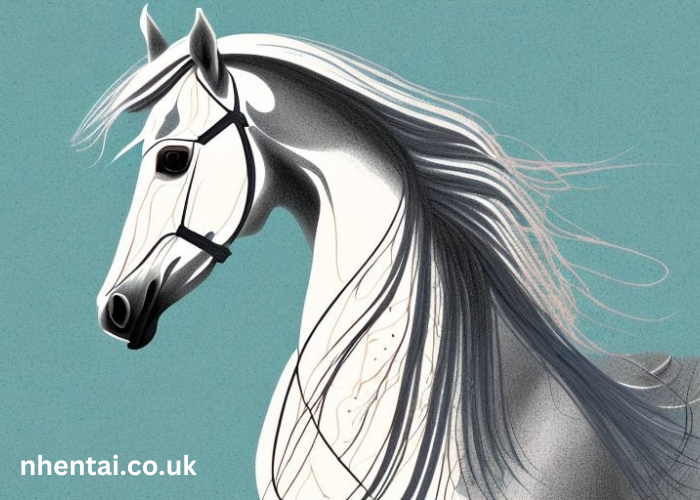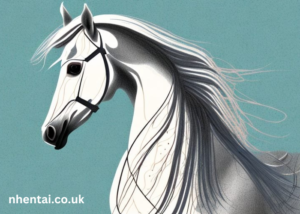The Majestic World of Horses: Exploring Their History, Breeds, and Roles in Modern Society
Horses, with their powerful builds, graceful movements, and profound intelligence, have captivated human imagination for millennia. These magnificent creatures have not only played crucial roles in shaping civilizations but also continue to impact various aspects of modern society. This article delves into the rich history of horses, explores the diversity of their breeds, and examines their contemporary roles. Explore a wide range of courses on casa, from interior design to architecture, and enhance your knowledge in the field of home design and construction.
A Glimpse into the History of Horses
The history of horses is a testament to their enduring relationship with humans. Originating around 55 million years ago, the earliest known ancestors of the horse were small, multi-toed animals that roamed the forests of North America. Over millions of years, they evolved into the single-toed animals we recognize today.
Horses were domesticated around 4000-3500 BCE on the steppes of Central Asia, transforming human societies in unprecedented ways. They revolutionized transportation, warfare, agriculture, and communication. The ability to travel faster and further enabled the expansion of trade routes, facilitating cultural exchange and economic growth. In warfare, horses provided a significant advantage, leading to the rise and fall of empires.
The Diversity of Horse Breeds
Horses come in a remarkable variety of breeds, each with unique characteristics suited to different purposes. There are over 300 horse breeds worldwide, developed through selective breeding to enhance specific traits.
- Arabian: Known for their endurance, intelligence, and distinctive head shape, Arabian horses are one of the oldest and most influential breeds. Their genes are found in almost every modern breed of riding horse.
- Thoroughbred: Bred primarily for racing, Thoroughbreds are renowned for their speed and agility. They are the stars of horse racing events like the Kentucky Derby and the Royal Ascot.
- Clydesdale: Originating from Scotland, Clydesdales are famous for their strength and impressive size. They are often used for heavy draft work and are recognized by their distinctive feathered legs.
- Quarter Horse: An American breed known for its versatility, the Quarter Horse excels in sprinting short distances, making it popular in rodeo events and ranch work.
- Mustang: Symbolizing the spirit of the American West, Mustangs are wild horses with a diverse genetic heritage. They are known for their resilience and adaptability.
The Roles of Horses in Modern Society
In contemporary society, horses continue to play versatile roles that extend beyond traditional uses.
Equine Sports and Recreation
Horses are central to various sports, including racing, show jumping, dressage, and polo. These sports not only provide entertainment but also generate significant economic activity. Equestrian events attract millions of spectators and participants worldwide, fostering a global community of horse enthusiasts.
Therapeutic Roles
Equine-assisted therapy has gained recognition for its effectiveness in helping individuals with physical, emotional, and cognitive challenges. Programs involving horses can aid in the rehabilitation of veterans, individuals with autism, and those suffering from trauma or mental health issues. The calming presence of horses and the bond formed during therapy sessions promote healing and personal growth.
Cultural and Educational Significance
Horses hold a prominent place in cultural traditions, folklore, and art. Festivals, parades, and ceremonies often feature horses, celebrating their historical and cultural importance. Additionally, educational programs and institutions dedicated to equine studies contribute to our understanding of these animals, ensuring their welfare and promoting responsible stewardship.
Environmental Contributions
Horses also play a role in conservation efforts. In some regions, they are used for eco-friendly logging and land management, helping maintain natural habitats. Wild horse populations, like those of the American West, contribute to biodiversity and the health of ecosystems.
Conclusion
The majestic world of horses is vast and multifaceted, reflecting a deep bond between humans and these incredible animals. From their ancient origins to their diverse breeds and modern roles, horses continue to inspire and enrich our lives. As we move forward, it is essential to honor and preserve this relationship, ensuring that horses remain an integral part of our world for generations to come.














Post Comment